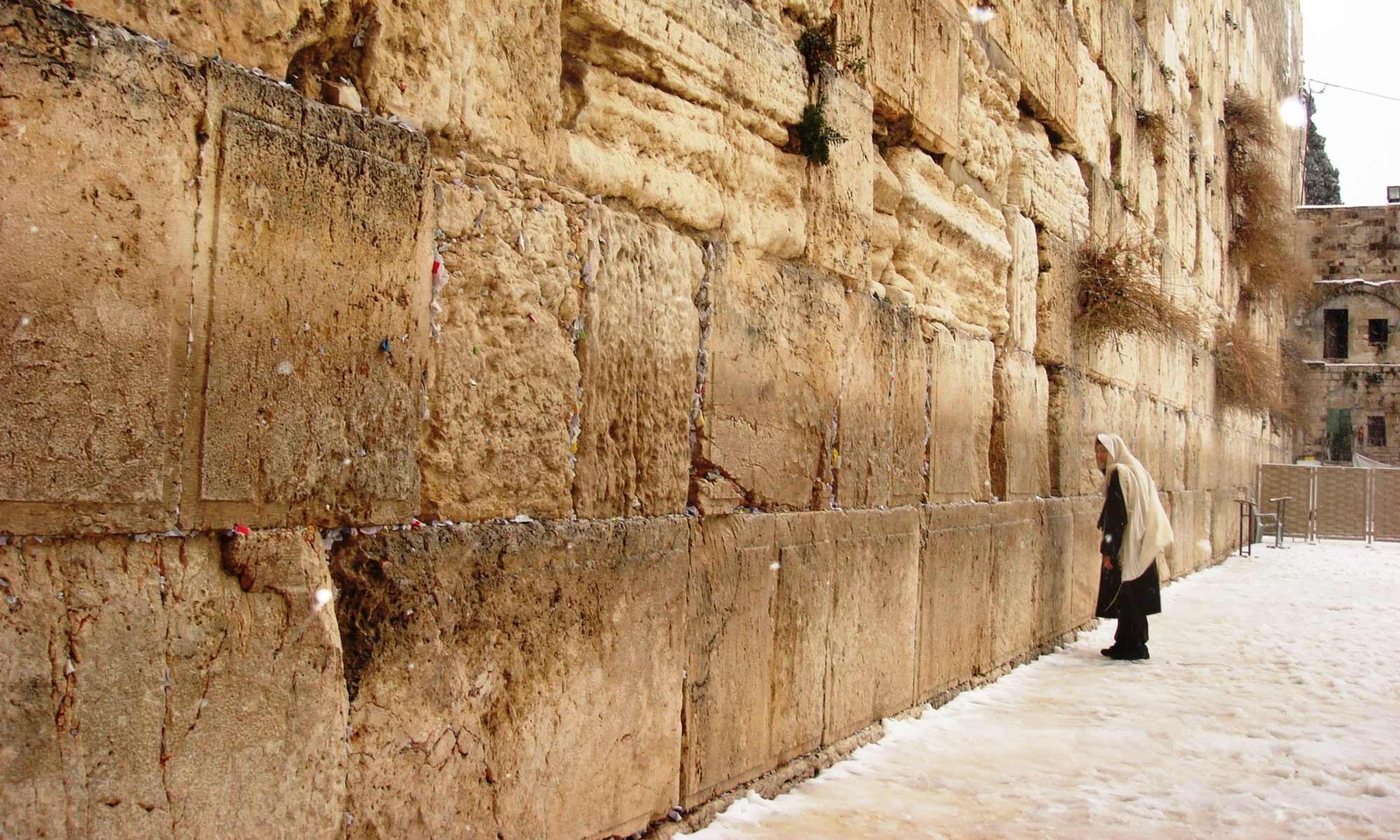Kabbalah:
An Overview
by Joseph Telushkin
Kabbalah: Table of Contents | The Zohar | The Ten Sefirot
Kabbalah is the name applied to the whole range of Jewish mystical activity. While codes of Jewish law focus on what it is God wants from man, kabbalah tries to penetrate deeper, to God’s essence itself.
There are elements of kabbalah in the Bible, for example, in the opening chapter of Ezekiel, where the prophet describes his experience of the divine: “… the heavens opened and I saw visions of God…. I looked and lo, a stormy wind came sweeping out of the north-a huge cloud and flashing fire, surrounded by a radiance; and in the center of the fire, a gleam as of amber” (1:1,4). The prophet then describes a divine chariot and the throne of God.
The rabbis of the Talmud regarded the mystical study of God as important yet dangerous. A famous talmudic story tells of four rabbis, Azzai, Ben Zoma, Elisha ben Abuyah, and Akiva who would meet together and engage in mystical studies. Azzai, the Talmud records, “looked and went mad [and] Ben Zoma died.” Elisha ben Abuyah became a heretic and left Judaism. Rabbi Akiva alone “entered in peace and left in peace.” It was this episode, the later experiences of individuals who became mentally unbalanced while engaging in mystical activities, and the disaster of the false Messiah Shabbetai Zevi that caused seventeenth-century rabbis to legislate that kabbalah should be studied only by married men over forty who were also scholars of Torah and Talmud. The medieval rabbis wanted the study of kabbalah limited to people of mature years and character.
The main Article link:
http://www.jewishvirtuallibrary.org/jsource/Judaism/kabbalah.html
Read more:
http://www.chabad.org/library/article_cdo/aid/1567567/jewish/Kabbalah.htm
Seclected Sites:
http://www.chabad.org/kabbalah/default_cdo/jewish/Kabbalah-Online.htm
http://www.tzfat-kabbalah.org/
